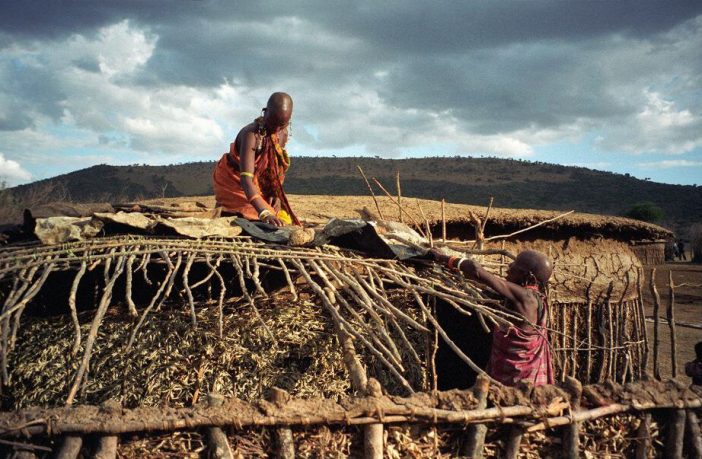- The International Work Group for Indigenous Affairs (IWGIA) with the support from the Ministry of Foreign Affairs of Denmark recently published a report looking at the “Impact of renewable energy projects on Indigenous communities in Kenya”.
- Specifically, the report looks the Lake Turkana Wind Power project and Olkaria Geothermal Power plants in relation to their impact on several indigenous communities.
Kenya Vision 2030 set out goals to be a regional leader in sustainable industrialisation, including an aim to transition to 100% renewable energy by 2020. Read more
The energy sector is experiencing high demand and a shift from former dominant state actors towards a rapidly growing decentralised, private sector, which is now accounts for around 43% of Kenya’s energy generation. However, it appears to coming at a cost to local Indigenous Peoples.
While they support the transition to green energy as this is an important element of combatting climate change, which in many cases affects the areas where they live, Indigenous Peoples demand that their fundamental collective human rights must be respected when such large-scale renewable energy projects are undertaken. Their lands are often seen by the state and private corporations as virgin land up for grabs to develop and exploit.
For the construction of the Lake Turkana Wind Power project, the village of Sarima had to be moved. The report concludes that a failure to anticipate the growth of the village and the long-term negative impact of a pouring in of people from far away in an area already characterised by ethnic rivalries, has undeniably contributed to the bleak situation the village’s inhabitants find themselves in.
The report also concludes that the construction of the Olkaria Geothermal Power plants has led to the involuntary relocation of the Maasai on several occasions. The most recent relocation of villages to RAPland has had a negative impact on the Maasai way of life. This was recognised by the EIB and World Bank, which helped fund the construction of the Olkaria IV power plant that led to the relocation.
Despite a Mediation Agreement which commits KenGen to an Action Plan to address the concerns of those relocated, the report reveals that it is unlikely that all such concerns will have been addressed once the program has been fully implemented.
Read the full report here.
Author: Bryan Groenendaal











